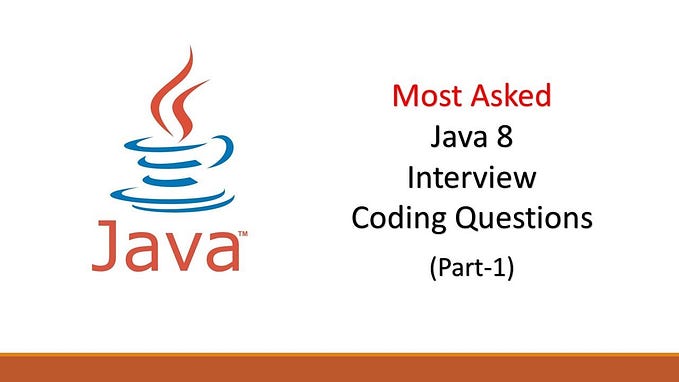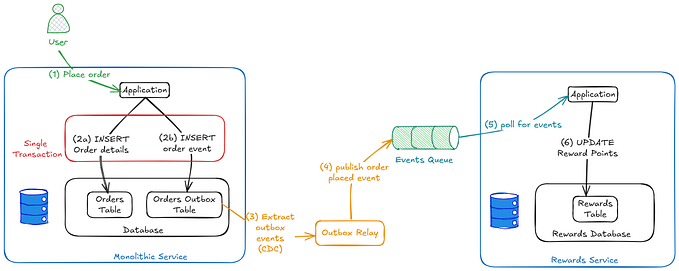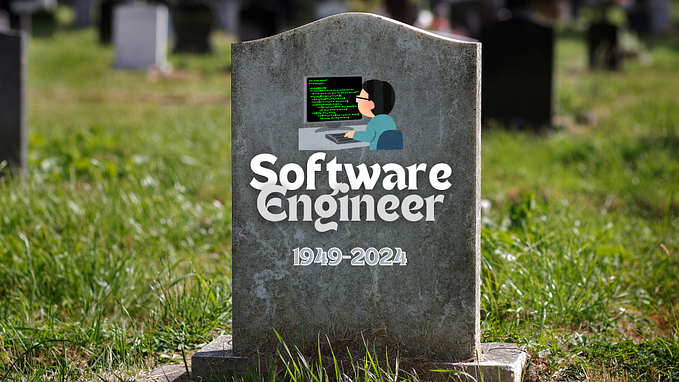Member-only story
Why Some Developers Don’t Believe in Best Practices?
Some developers copy the best, others ignore them

I believe in the discipline of mastering the best that other people have ever figured out. I don’t believe in just sitting down and trying to dream it all up yourself-Charlie Munger
There are lots of standards, approaches, best practices that great software developers have worked out and shared with the development world.
Principles such as DRY, KISS, YAGNI, S.O.L.I.D and design patterns to help developers create quality code.
There is a library of books written by brilliant developers sharing the experiences and approaches.
Yet despite all these resources there are some developers who not only ignore the best practices but actively dislike them. Many developers view unit tests, naming standards, code reviews as a waste of time.
Why wouldn’t you copy the same approach as not just the best developer you have met but the most experienced and potentially the best developers in the world?
I worked on a software project where there was one developer was a software engineer who had high standards and was always looking to improve the best practices of the software development team. Another developer who had worked on smaller projects, thought unit testing, devops, code reviews and other quality steps, was a waste of time.
The two developers would have long heated discussions about the approach we should use on the software project and neither would change their mind or listen to the other developer.
It made me wonder why some developers don’t believe software development best practices are any good and they resist them.
Small projects and experience
Successful approaches in small projects make it difficult to move away from in larger projects. The approach and quality that works on a small project will fail miserably in a large project.
Small projects have few developers and don’t last for long. The pain of technical debt, complexity and…










